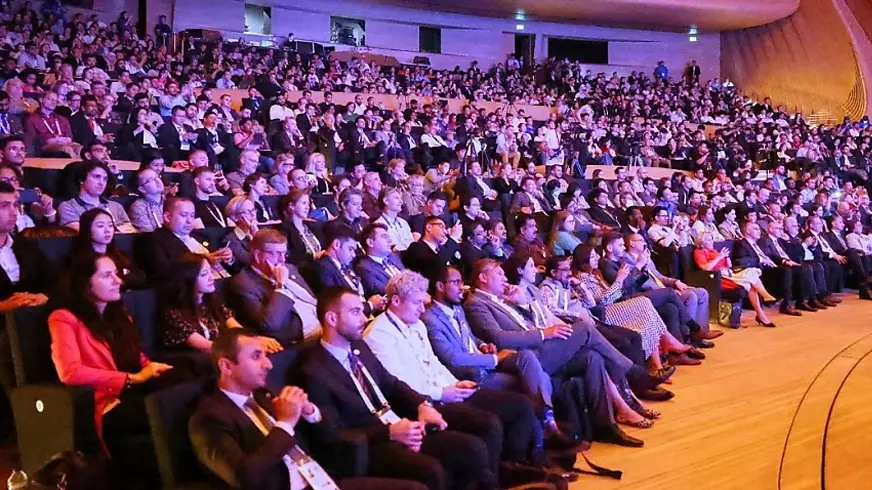The widely expected announcement came after the Space Industry Association of Australia (SIAA) won the bidding process last year in a joint submission with NSW government and the Australian Space Agency.
The five-day International Astronautical Congress (IAC) is expected to attract around 7,000 delegates and will be held between 29 September and 3 October.
Organised by the International Astronautical Federation (IAF), the IAC is known as the Olympics of space and was first held in Paris in 1950.
Today, the IAF has 513 members in 77 different countries and includes some of the largest organisations in the space industry, from both the public and private sectors. This year’s event, in Baku, Azerbaijan, featured a live-stream session with SpaceX founder Elon Musk.
Australia has hosted it twice – initially with the 49th IAC in Melbourne in 1998 and then with the 68th IAC in Adelaide in 2017.
SIAA’s executive chairman Jeremy Hallett said: “Over the next two years, we will see more Australian space companies launching into orbit than in our entire history, proving Australia is on an incredible growth trajectory and is developing sovereign space capabilities, which are critical to our nation’s economic advancement, resilience, and security.”
The 2025 summit will be its 76th iteration and next year’s event will be held in Milan in October.
“The theme of IAC Sydney 2025 is ‘Sustainable Space: Resilient Earth’, which will set the stage for important discussions such as space-based application for earth, sustainable space activities, and sustaining life off earth,” said SIAA.
“Key focus areas include showcasing the Asia-Pacific region, inspiring and engaging our next generation’s space workforce, engaging a broad range of industries, and educating the community about ‘why space matters’ through the IAC’s open day.”
The head of the ASA, Enrico Palermo, said the local industry has changed a lot since Australia last held the event.
“IAC 2025 gives us a platform to show the world how far Australia has come, as well as spotlighting the opportunity that exists for the entire Asia-Pacific region to contribute even further to global space endeavours,” he said.
“It also provides a unique chance for us to engage the community and demonstrate how space is essential to maintaining and improving our everyday lives, as well as making our economy stronger and our industries more advanced.”
Read full article by visiting the Space Connect Online website.


